Navigating the Digital Marketplace: A Look at Online Shopping in Uganda
Related Articles: Navigating the Digital Marketplace: A Look at Online Shopping in Uganda
Introduction
With enthusiasm, let’s navigate through the intriguing topic related to Navigating the Digital Marketplace: A Look at Online Shopping in Uganda. Let’s weave interesting information and offer fresh perspectives to the readers.
Table of Content
Navigating the Digital Marketplace: A Look at Online Shopping in Uganda
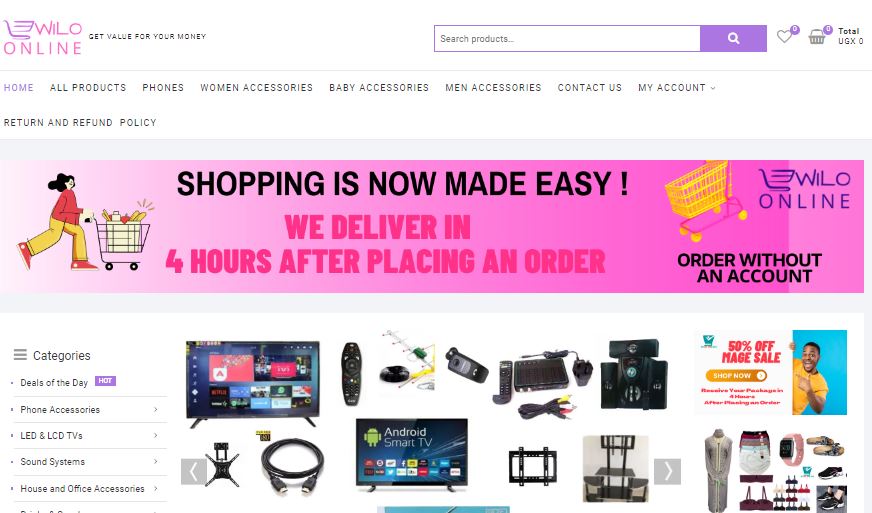
Online shopping, once a futuristic concept, has become an integral part of modern life in Uganda. The rise of internet penetration and the increasing accessibility of mobile devices have paved the way for a flourishing e-commerce landscape. This article delves into the intricacies of online shopping in Uganda, examining its evolution, current state, benefits, challenges, and future prospects.
The Genesis of Online Shopping in Uganda
The emergence of online shopping in Uganda can be traced back to the early 2000s. While internet access was limited then, a few pioneering businesses began experimenting with online sales platforms. These early ventures, often restricted to niche markets like travel and electronics, laid the groundwork for the growth of e-commerce in the country.
The advent of mobile money services in 2009 proved to be a game-changer. This innovative payment system, allowing users to transfer funds through their mobile phones, significantly simplified online transactions, making online shopping accessible to a wider segment of the population.
A Flourishing E-commerce Landscape
Today, Uganda boasts a vibrant e-commerce ecosystem. Numerous online marketplaces, dedicated e-commerce platforms, and social media-based shops have sprung up, catering to diverse customer needs. From fashion and electronics to groceries and pharmaceuticals, a wide array of products and services are available online.
Several factors have contributed to this growth:
- Increased Internet Penetration: Uganda’s internet penetration rate has steadily increased, reaching over 50% in recent years. This growth, fueled by the affordability of mobile data and the proliferation of smartphones, has made online shopping accessible to a large portion of the population.
- Mobile Commerce (m-commerce): The widespread adoption of mobile phones has significantly boosted m-commerce, with consumers using their mobile devices to browse, purchase, and pay for goods and services online.
- Social Media Integration: Social media platforms have become vital channels for e-commerce in Uganda. Many businesses utilize Facebook, Instagram, and WhatsApp to showcase products, engage with customers, and facilitate online transactions.
- Government Support: The Ugandan government recognizes the potential of e-commerce for economic growth and has implemented policies to foster its development. Initiatives like the National E-commerce Strategy aim to create an enabling environment for online businesses.
Benefits of Online Shopping in Uganda
Online shopping offers numerous advantages to both consumers and businesses in Uganda:
For Consumers:
- Convenience: Online shopping allows customers to browse and purchase products from the comfort of their homes or on the go, eliminating the need for physical store visits.
- Wider Selection: Online marketplaces offer a far broader range of products than traditional brick-and-mortar stores, giving consumers access to a wider variety of options.
- Competitive Pricing: Online retailers often offer competitive prices due to reduced overhead costs and increased competition.
- Time-Saving: Online shopping eliminates the need to travel to stores and queue for service, saving consumers valuable time.
- Easy Comparison: Consumers can easily compare prices and features of different products online, making informed purchasing decisions.
- Increased Transparency: Online reviews and ratings provide valuable insights into product quality and seller reputation, enhancing transparency in the marketplace.
For Businesses:
- Expanded Reach: Online platforms allow businesses to reach a wider audience beyond their immediate geographical location, expanding their customer base.
- Reduced Overhead Costs: Online businesses often have lower overhead costs compared to traditional stores, leading to increased profitability.
- Improved Efficiency: Online platforms streamline order processing and inventory management, improving business efficiency.
- Data-Driven Insights: Online platforms provide valuable data about customer behavior and preferences, enabling businesses to tailor their offerings and marketing strategies.
- Enhanced Customer Engagement: Online platforms facilitate direct communication with customers, fostering stronger relationships and personalized experiences.
Challenges Facing Online Shopping in Uganda
Despite its growth, online shopping in Uganda faces several challenges:
- Limited Logistics Infrastructure: The lack of a robust logistics infrastructure, particularly in rural areas, presents a significant hurdle for online retailers. Delivery times can be lengthy, and costs can be high.
- Payment Security Concerns: While mobile money has significantly improved payment options, concerns about security and fraud remain.
- Internet Connectivity Issues: Despite improvements, internet connectivity can be unreliable and expensive in some parts of the country, hindering online shopping access.
- Trust and Transparency: Building trust and transparency in online transactions is crucial. Consumers often face challenges verifying the authenticity of products and the reliability of online sellers.
- Limited Digital Literacy: A significant portion of the population lacks the necessary digital literacy skills to navigate online platforms and make secure online transactions.
Addressing the Challenges
To overcome these challenges and foster the growth of online shopping in Uganda, various stakeholders need to work together.
- Government Initiatives: The government can play a crucial role by investing in infrastructure development, promoting digital literacy programs, and creating a conducive legal and regulatory environment for e-commerce.
- Private Sector Partnerships: Collaboration between online retailers, logistics providers, and financial institutions is crucial for improving delivery services, payment security, and customer trust.
- Consumer Education: Raising awareness about online shopping safety, best practices, and available consumer protection mechanisms is essential for fostering consumer confidence.
FAQs about Online Shopping in Uganda
1. Is online shopping safe in Uganda?
While online shopping in Uganda is generally safe, it’s crucial to take precautions to protect yourself from fraud and scams. Shop from reputable websites, verify seller credentials, and use secure payment methods.
2. How can I pay for goods purchased online in Uganda?
Mobile money services like MTN Mobile Money and Airtel Money are the most common payment methods in Uganda. You can also use credit cards, debit cards, and online payment platforms like PayPal.
3. How long does it take to receive an order placed online?
Delivery times vary depending on the location, the retailer, and the shipping method. Delivery within major urban areas can take a few days, while deliveries to remote areas may take longer.
4. What are some popular online shopping platforms in Uganda?
Some popular online marketplaces and platforms in Uganda include Jumia, Kilimall, and Amazon. Many local businesses also operate online stores through social media platforms like Facebook and Instagram.
5. How can I find reliable online sellers in Uganda?
Look for sellers with established websites, positive customer reviews, and clear return policies. Verify their contact information and confirm their physical address if possible.
Tips for Online Shopping in Uganda
- Choose reputable websites: Opt for websites with established reputations, secure payment gateways, and clear contact information.
- Read product reviews: Pay attention to customer reviews and ratings to gauge product quality and seller reliability.
- Compare prices: Utilize online tools to compare prices from different retailers and find the best deals.
- Check return policies: Understand the retailer’s return policy before making a purchase, ensuring you can return or exchange items if needed.
- Use secure payment methods: Utilize mobile money services or credit cards with strong security features to minimize fraud risks.
- Be cautious of scams: Be wary of suspiciously low prices, overly persuasive sales tactics, and requests for personal information.
Conclusion
Online shopping in Uganda is rapidly evolving, offering significant opportunities for both consumers and businesses. While challenges remain, the government, private sector, and consumers all play a crucial role in fostering a thriving e-commerce ecosystem. By addressing these challenges and embracing the potential of online commerce, Uganda can unlock a new era of economic growth and empowerment.
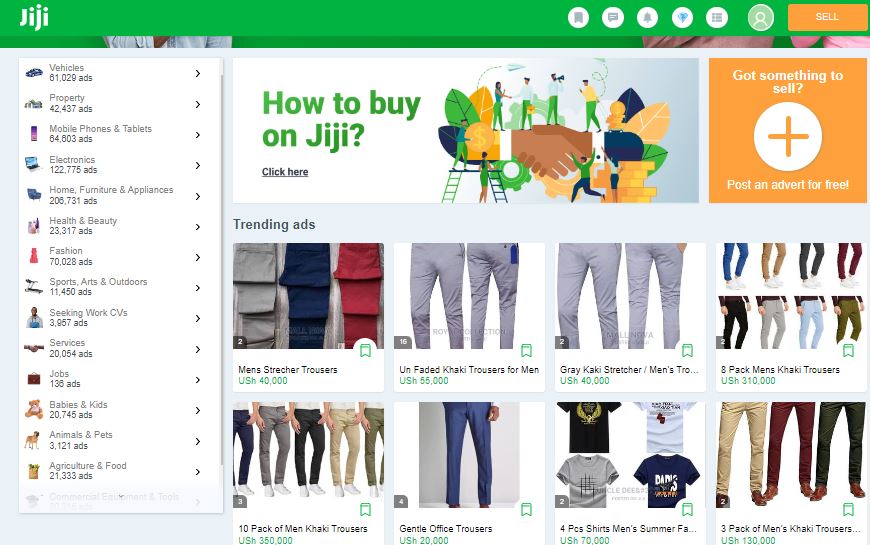

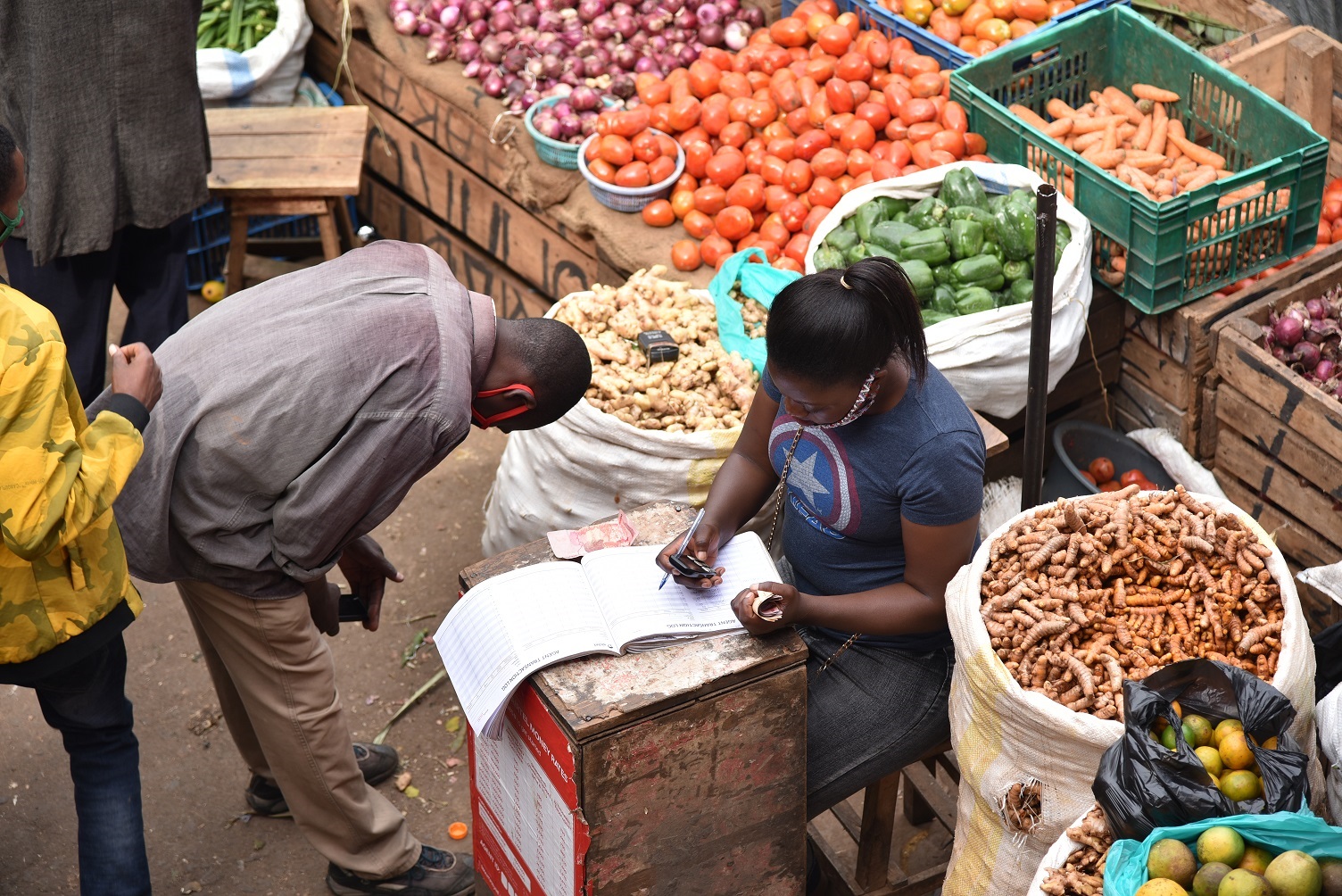
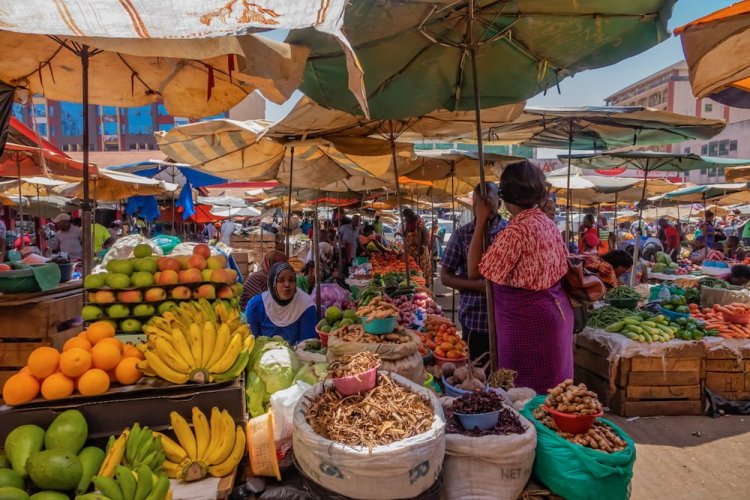


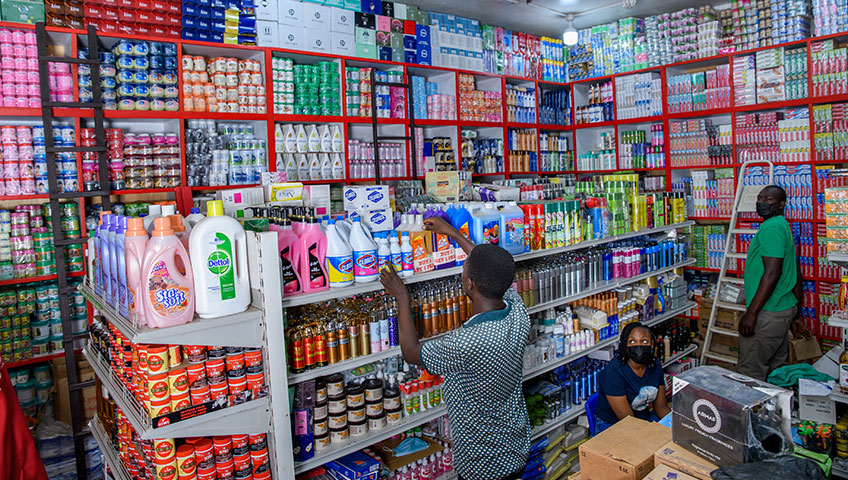
![A Guide to Understanding the Digital Marketplace [Infographic]](https://infographicjournal.com/wp-content/uploads/2019/08/A-Guide-to-Understanding-the-Digital-Marketplace.jpg)
Closure
Thus, we hope this article has provided valuable insights into Navigating the Digital Marketplace: A Look at Online Shopping in Uganda. We hope you find this article informative and beneficial. See you in our next article!